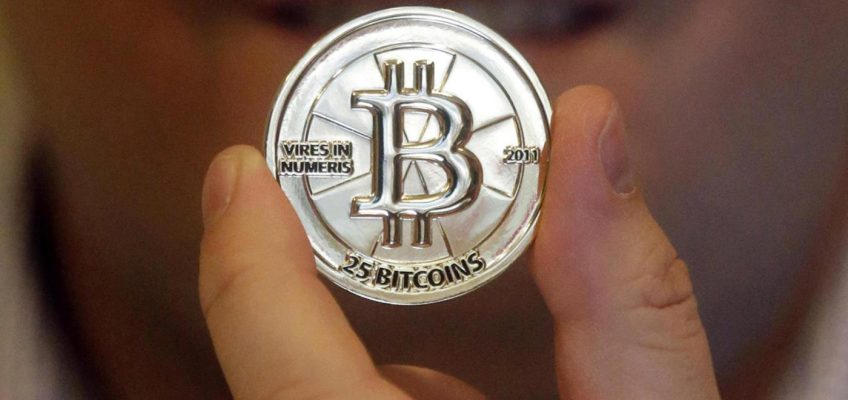By OPE ADETAYO, Associated Press
LAGOS, Nigeria (AP) — The World Food Programme said Friday it is suspending food and nutritional assistance across crisis-hit West and Central African countries as a result of U.S. aid cuts, which are grinding the organization’s operations to a halt.
While the timeline varies, food stocks are projected to last until around September for most of the affected countries, leaving millions of vulnerable people potentially without any emergency aid, according to the WFP.
Related Articles
Ukraine’s capital buzzes during the day but it’s a battleground at night
Singer Chris Brown pleads not guilty to 2 further charges over London nightclub assault case
Today in History: July 11, the fall of Srebrenica
TikTok faces fresh European privacy investigation over China data transfers
Flamingos are stirring up trouble and ravaging rice for risotto in Italy’s northeast
“We are doing everything we can to prioritize the most life-saving activities, but without urgent support from our partners, our ability to respond is shrinking by the day. We need sustained funding to keep food flowing and hope alive,” Margot van der Velden, the WFP’s regional director, told The Associated Press.
Seven countries are affected in the region, with the suspension of operations already underway in Mauritania, Mali and the Central African Republic, where food stocks are projected to last only a few weeks. Aid distribution has already been significantly scaled down in Cameroonian camps for Nigerian refugees in the country, according to the WFP.
U.S. President Donald Trump’s decision to cut USAID and critical funding to the United Nations has left many aid agencies struggling to survive despite the worsening humanitarian crises across the Sahel and other parts of Africa, where jihadist groups have continued to expand their operations.
Millions of people are expected to be immediately affected, according to WFP data seen by the AP, including 300,000 children in Nigeria at risk of “severe malnutrition, ultimately raising the risk of death”.
The International Rescue Committee this month said there was a 178% rise in inpatient admissions at its clinics from March-May in northern Nigeria, where 1.3 million people depend on WFP aid.
Displaced people in Mali have not received any emergency food supplies since June, which marked the start of a period during which food production is at its lowest in the Sahel.
Despite the continued influx of refugees from North Darfur due to the ongoing Sudanese conflict, emergency food supplies in Chad will only last to the end of the year. Niger faces a total suspension of food aid by October.
These countries are already in the grip of escalating humanitarian crises, sparked by constant attacks by multiple terrorist groups, where thousands of people have been killed and millions displaced, the U.N. says. The attacks have been exacerbated by worsening climate conditions that have affected harvests and struggling economies across the continents.
“The consequences are not just humanitarian but potentially affecting the stability of the entire region,” Van der Velden said.
The WFP says it needs $494 million to cover the second half of 2025, but the funds have been totally depleted, forcing it to prioritize the most vulnerable groups. In northern and central Mali it will prioritize newly displaced refugees and children under five.
Experts say the fallout of the suspension of the WFP’s operations in the vulnerable countries will worsen the security challenge as it makes it more likely for jihadist groups to recruit.
“It becomes a more complicated crisis because in regions where the WFP operations are focused because the same challenge also intersects with security. It is going to bode double jeopardy,” said Oluwole Ojewale, a Dakar-based security analyst at the Institute of Security Studies.
He added: “When hunger comes on top of the layers of other challenges, it compounds the issue, and we have seen people take to terrorism and violent extremism basically because they couldn’t survive the biting reality of poverty.”




